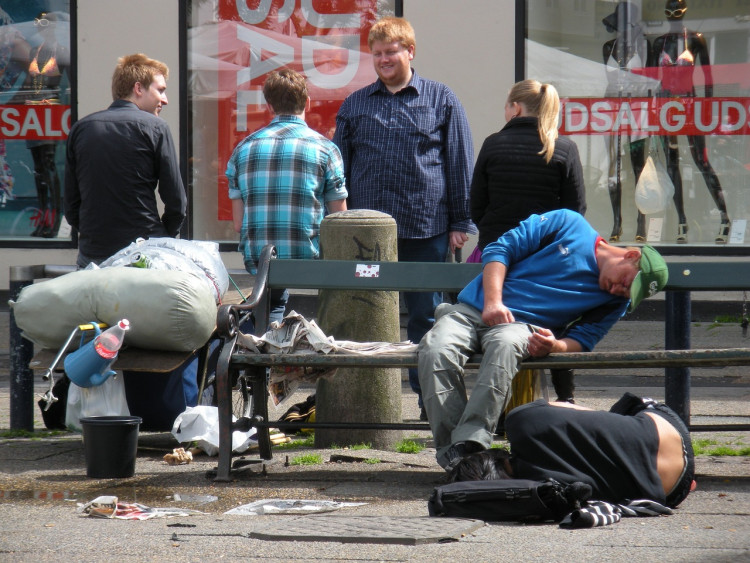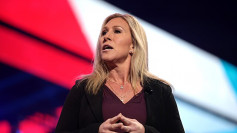The U.S. Supreme Court appeared divided on Monday as it heard arguments in City of Grants Pass v. Johnson, a case that could have sweeping implications for the record number of people living in tents and cars across the country. The case centers on the constitutionality of an Oregon city's ordinances that make it illegal to sleep outdoors in public spaces, with the central question being whether such laws violate the Eighth Amendment's ban on cruel and unusual punishment.
During the arguments, the court's liberal justices suggested that the Grants Pass ordinances, which essentially banned people from sleeping with a blanket or pillow on any public land at any time, amounted to unlawfully targeting individuals simply because they are homeless. Justice Elena Kagan noted, "Sleeping is a biological necessity. It's sort of like breathing. ... But I wouldn't expect you to criminalize breathing in public."
However, the court's conservative justices expressed reluctance to draw the federal courts into the complex policy issue of homelessness. Chief Justice John Roberts questioned whether the nine justices were the best people to judge and weigh the policy judgments involved in addressing homelessness. "Why would you think that these nine people are the best people to judge and weigh those policy judgments?" he asked.
The case reached the Supreme Court after the Ninth Circuit Court of Appeals ruled in Martin v. City of Boise in 2019 that states and cities could not enforce criminal anti-camping laws against homeless residents if they had nowhere else to go. The Supreme Court declined to review that decision in 2020, and it remains the law of the land in the Ninth Circuit, which is home to the bulk of the nation's homeless population.
Grants Pass and other cities argue that the Ninth Circuit's ruling has hampered their efforts to address homelessness and fueled the expansion of homeless encampments. Theane Evangelis, who argued on behalf of the city, faced pointed questions from the court's liberal members about the policy's impact on homeless individuals. Justice Sonia Sotomayor raised concerns about the potential for a "banishment race" if communities seek to push homeless people out of their jurisdiction, asking, "Where do we put them if every city, every village, every town lacks compassion?"
Some of the conservative justices, including Justices Neil Gorsuch and Brett Kavanaugh, suggested that even without relying on the Eighth Amendment, homeless individuals might be able to invoke common-law defenses, such as the necessity defense, to avoid punishment if they had nowhere else to go. However, Justice Ketanji Brown Jackson appeared reluctant to relieve the city from facing Eighth Amendment claims, asking, "Suppose the City decided that it was going to execute homeless people. Very extreme, I know, but it would solve the problems that you're talking about. Do we have an Eighth Amendment issue in that circumstance?"
The most likely outcome for the case is that the court adopts an approach that would allow homeless individuals to raise a necessity defense after receiving a citation or being arrested. However, the court appeared unsettled on whether to remove the Eighth Amendment from the equation entirely, and the majority may ultimately change while the rulings are drafted.
Regardless of the decision, the case is unlikely to dramatically reduce the enormous number of people living outside in tents and vehicles. Many places simply do not have enough shelter beds or affordable housing to accommodate the growing homeless population. The shortage of affordable housing has pushed rents to levels that many cannot afford, which advocates say is a main driver of rising homelessness.






